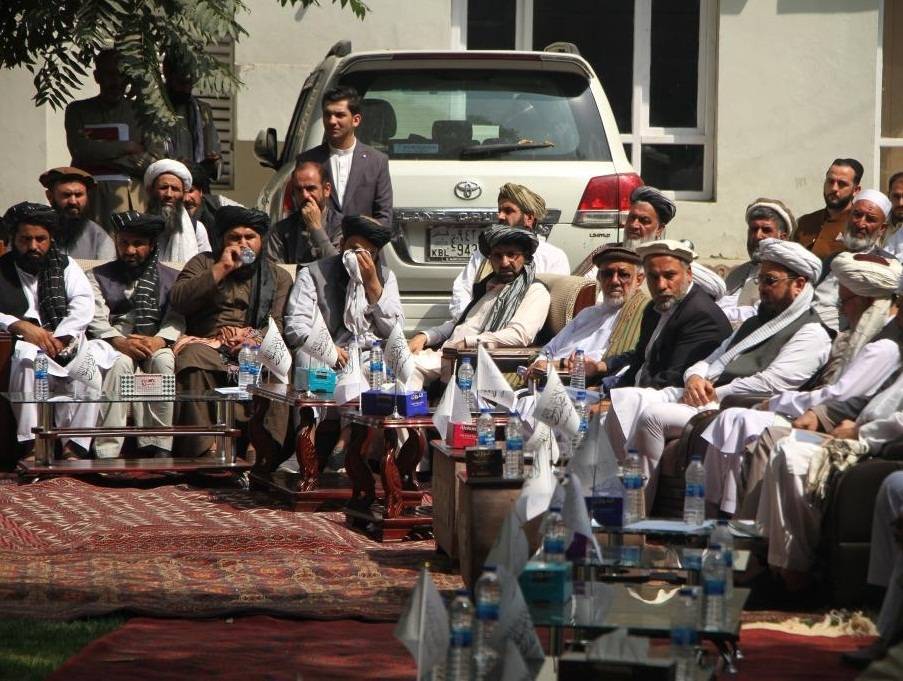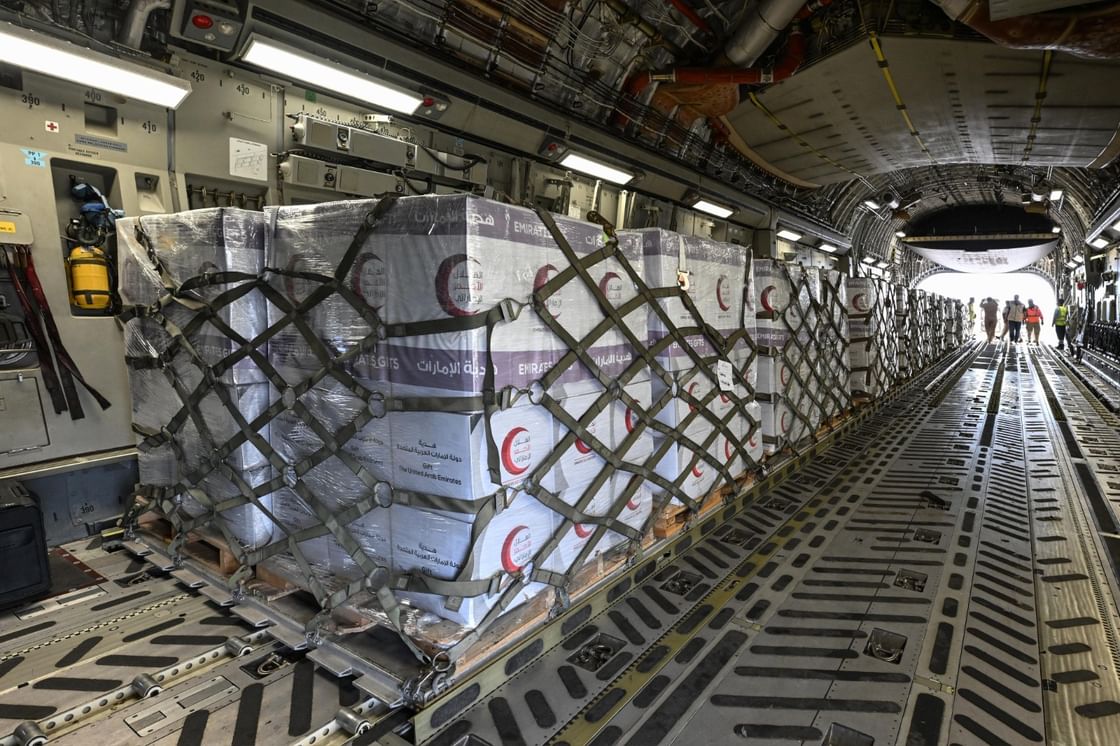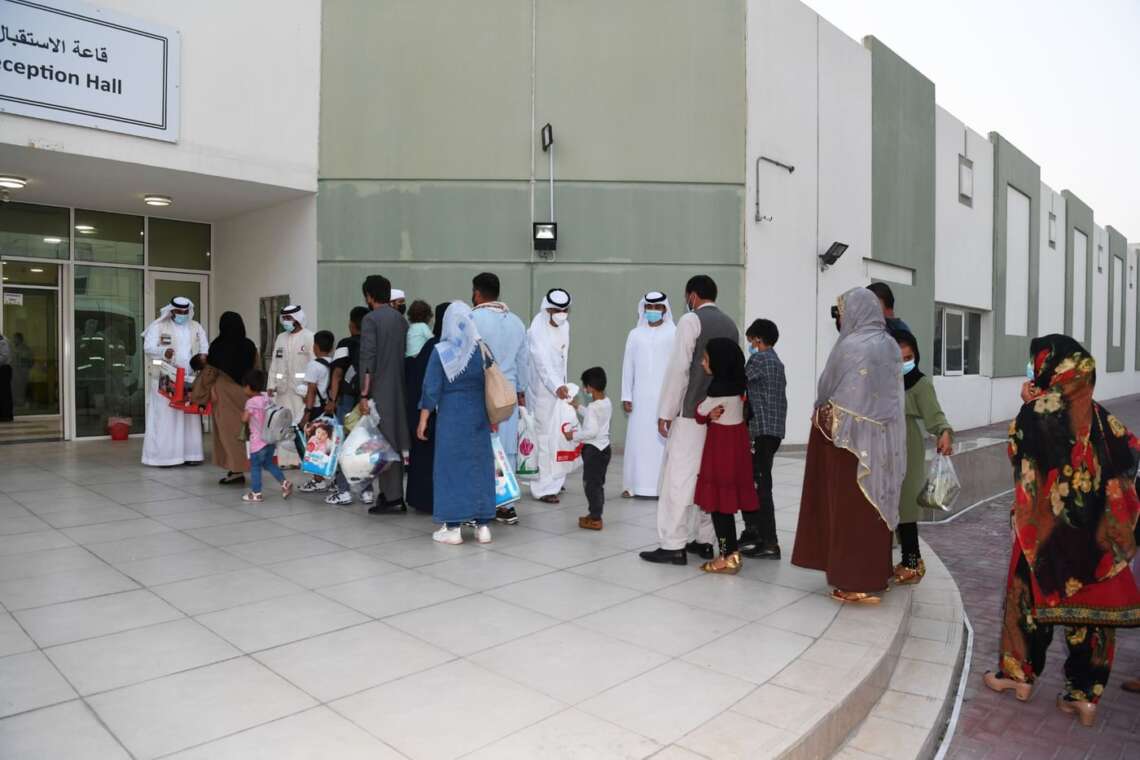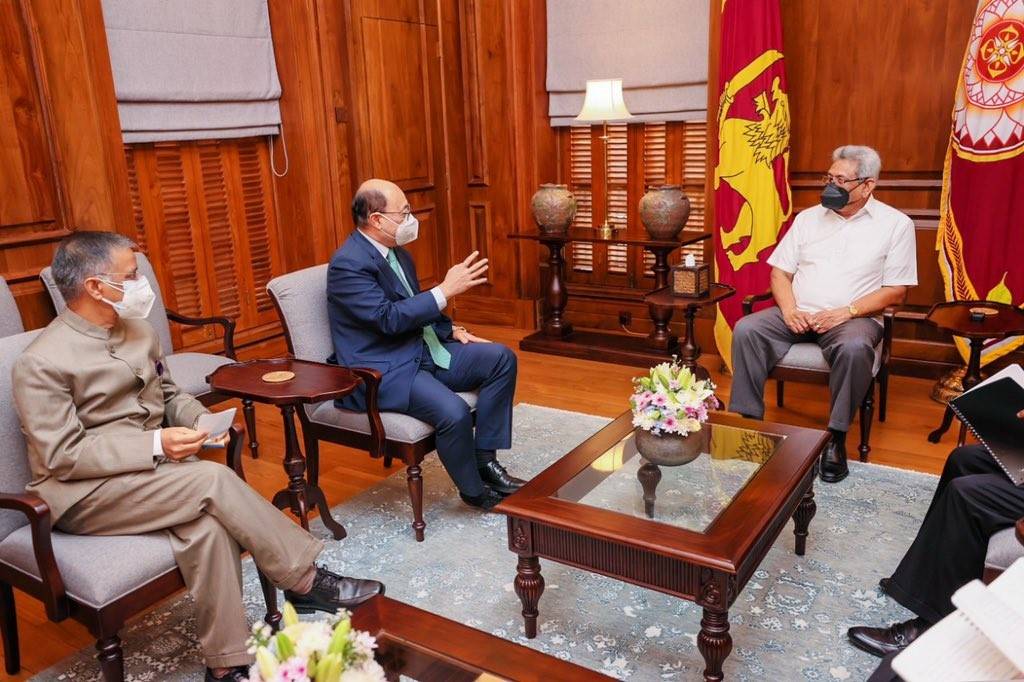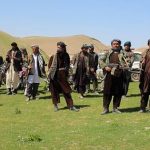Taliban leadership has maintained that they do not want any country to be their voice, as they do not allow any external intervention in the domestic affairs of Afghanistan….reports Hamza Ameer
Since the time the Taliban have taken over the control of Afghanistan and formed an interim government; Pakistan has been advocating for the Taliban leadership, calling on the global community to engage and recognise the new reality in Afghanistan and pave the way to peace in the war-torn country.
However, Islamabad’s advocacy for Afghanistan is not widely appreciated within the Taliban ranks in Kabul. Many Taliban commanders and leaders believe that the world should be talking directly to them instead of countries like Pakistan, who they say, have not been requested by the Taliban to present their position and case to the global community.
Taliban leadership has maintained that they do not want any country to be their voice, as they do not allow any external intervention in the domestic affairs of Afghanistan.
In conversation with a Taliban leader, he said that their regime has not asked Pakistan or Imran Khan to advocate or justify their government in front of the world, adding that it seems that Islamabad has given itself this responsibility, without consulting with the leadership in the Islamic Emirates of Afghanistan (IEA).
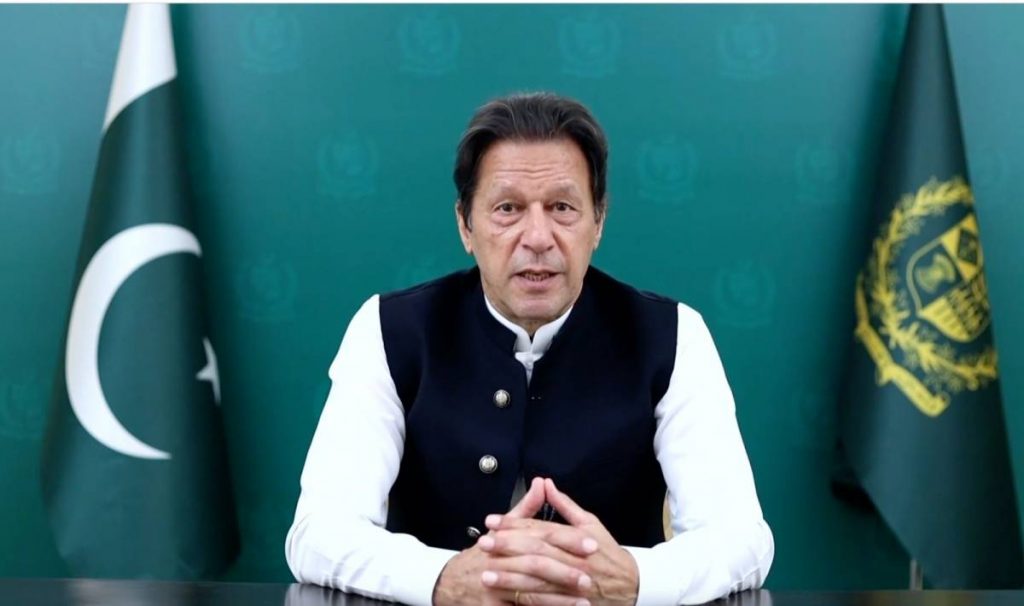
“We have made it clear that our leadership is open to talk, engage and reach out to any country as only we can justify our existence and legitimacy to the world”, a Taliban leader said.
The sentiments can also be established by the recent request forwarded by the Taliban to the United Nations, asking to allow Suhail Shaheen, the Taliban spokesperson in Doha, to address the UNGA session and nominated him as Afghanistan’s Ambassador to the UN.
Taliban’s Foreign Minister Amir Khan Mutaqi wrote to the UN Secretary General Antonio Guterres in this regard also.
On the other hand, Pakistan Prime Minister Imran Khan has again called on the international community, the UN and other global bodies to engage with the Taliban at the earliest to counter the looming threat of a severe humanitarian crisis, which may fast transform into a major catastrophe.
In a recent interview, the Pakistani premier stated that the US will have to recognise the Taliban “sooner or later”.
Khan said that the US’s current state is of shock and confusion over such a fast takeover of the Taliban in Afghanistan after the withdrawal of the foreign forces.
Pakistan carries a reputation of having close ties with the Taliban and is widely declared as a major beneficiary of the Taliban takeover in Afghanistan. Prime Minister Imran Khan was once titled “Taliban Khan”, for his opposition to the US war on terror and invasion of Afghanistan

